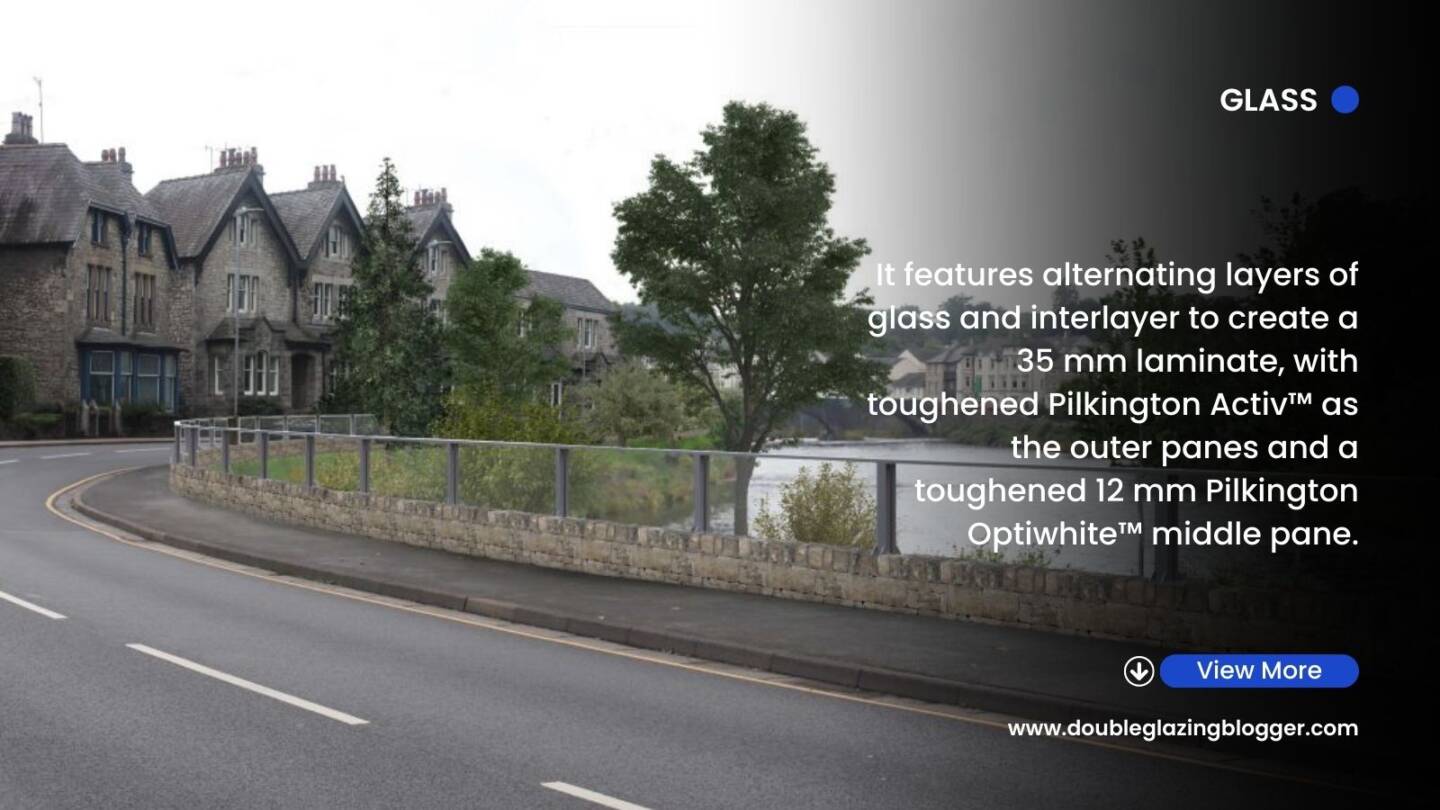About DGB E.C.O
Our industry, as with all other industries, sectors and societies all over the world are having to come to terms with climate change. Our production, consumption and transportation of all goods and services are impacting the health of the planet and all that live on it. Fenestration has its part to play along with all others. But where there is challenge, there is opportunity. With DGB E.C.O I want to shine a light on the efforts being made across the sector to be more sustainable and planet-friendly. I also want to demonstrate that in recycling and post-consumer waste, there is a whole new industry being born out of our already long established one.
E.C.O N E W S
Endurance® Doors Continues Carbon Offsetting Commitment
Endurance® Doors is building on its already impressive commitment to sustainability. As part of its robust environmental policies, the manufacturer of solid, secure, [...]
Deceuninck Makes It Easy To Work Out Your Carbon Footprint
Deceuninck has launched its new Carbon Calculator, which helps fabricators and installers to work out their carbon footprint using data they already [...]
CNC Recycling Dual Finalists At G Awards
Press release via CNC Recycling: National UPVC Recycling company CNC Recycling marked a significant milestone in the company’s growth by being shortlisted [...]
Deceuninck Cuts CO2 By 21%
Deceuninck has cut CO2 emissions from its operations down from 673,095 tonnes in 2021 to 530,836 tCO2e last year – a drop [...]
Eurocell’s Modus Window System At The Heart Of The Energy House 2.0 Project
As part of the industry-wide efforts to develop new build homes that meet the 2025 Future Homes Standard and zero carbon housing, [...]
Double Glazing Tops Popular Sustainability List
Two-thirds of homeowners plan to make their homes more sustainable in the next ten years, according to NatWest. We talk to Deceuninck’s [...]
Eurocell Recycle To Exhibit At The Resource & Waste Management Expo
Eurocell Recycle are excited to announce that they will be exhibiting at the Resource & Waste Management Expo 2023. Highlighting their closed loop [...]
Advanced Glass Flood Wall To Protect Kendal Locals And Businesses
Kendal, located in southern Cumbria is benefitting from multi-million pounds worth of flood risk investment designed to protect homes and businesses from [...]
C L O S E D L O O P M A N U F A C T U R I N G
Learn more about closed loop manufacturing, how it can benefit society and find out more about PVCu recycling
Credit: Deceuninck
D I D Y O U K N O W ?
As the industry begins to understand it’s environmental responsibilities, Eurocell went to the public to ask if they knew if PVCu could be recycled.
Credit: Eurocell
T H E P R O C E S S
Find out more about how PVCu is actually recycled and the processes involved to help create new profile.
Credit: Eurocell
O U T O F T H E O C E A N S
This is how the closed-loop recycling process keeps plastic and other post-consumer waste out of the oceans.
Credit: Eurocell
Content kindly provided by:


T H E T R U T H A B O U T P V C U
PVCu
Poly Vinyl Chloride-UnplasticizedThe facts...
PVCu is NOT plastic! Thats what the u (unplasticized) in PVCu stands for. 43% of of the material is Ethylene, which is a bi-product of oil, and represents 0.3% of annual oil consumption. 57% of chloride in Polyvinyl chloride comes indirectly from salt.
Credit: Eurocell
Lifespan of centuries
Material that lasts350 years
PVCu can be recycled up to ten times during the lifespan of the material. Assuming an average generational lifespan of 35 years for PVCu windows and doors, it means the same PVCu can be in active circulation for 350 years, keeping it out of landfill sites for centuries!
Strength
Recycling makes it strongerStronger each time
Dispelling the myth that recycled PVCu isn’t as good as virgin, it has been confirmed in scientific studies that PVCu polymers actually become stronger each time they are recycled. You can find out more about this below.
Safe
Myths dispelledPVCu is safe
PVCu for an unreasonably long amount of time was portrayed in some parts as being dangerous, and as being a material that could contribute to the development of house fires. This has rightly been quashed, and PVCu remains one of the safest, strongest building materials for homes to date.

Sustainability is now the industry’s biggest issue to tackle. More so now than even the skills crisis. The pace of societal change is immense. Every industry on earth is having to very quickly adapt to demonstrate to the general public that it can be more sustainable and friendlier to planet Earth. Our industry is no exception. Across the entire fenestration sector we have to undergo rapid, root and branch evolution if we are to show to the outside world we can be better, and that we can help contribute to the wider global effort of trying to save our planet. Failure to do so, and the consequences will only be catastrophic.



















Social Media